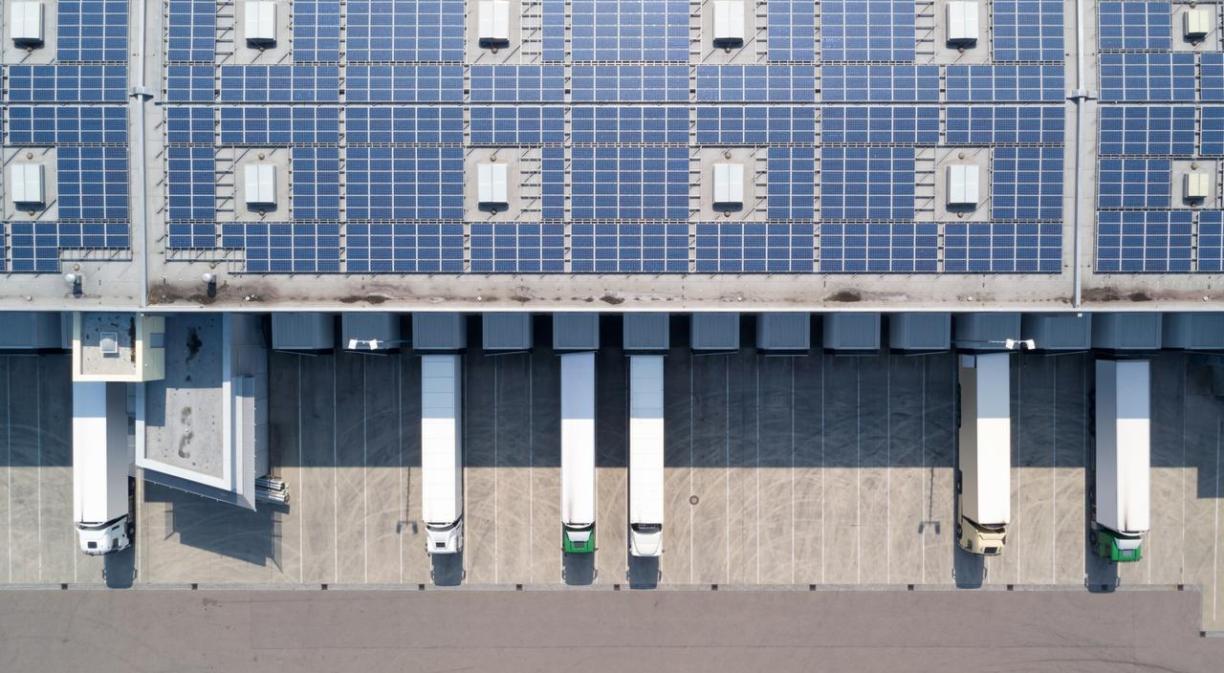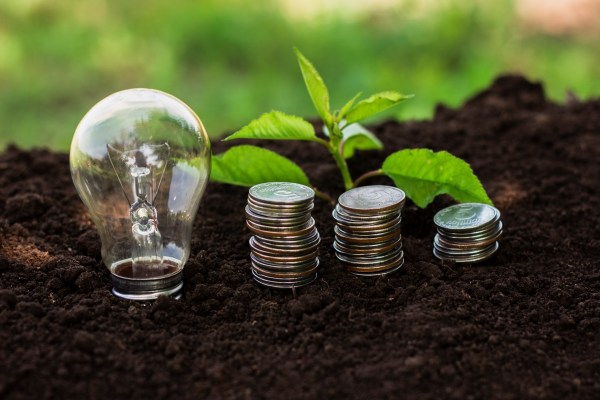Improved connectivity necessarily entails energy consumption, and increasing technological requirements demand ever greater responsiveness from connectivity infrastructures. However, each innovation is required to consume less natural resources. This is what sustainable digitalisation looks like.
The transformation of sustainable digitalisation
Sustainability is a concept that is concerned with meeting the needs of the present without compromising the resources of future generations. Sustainable digitalisation is a process whereby societies digitise themselves in a way that safeguards natural resources, respects the environment and people. It is about the transformation of organisations, people and societies that must take place in such a way that they have not yet made the shift to digital.
Today, digital transformation must offer solutions under the umbrella of sustainability, i.e. it must ensure a balance between what it means to take that step towards connectivity and economic growth, with care for the environment and social welfare, protecting the natural resources of the future. This is the only way to talk about sustainable digitalisation.
Sustainable digitalisation and technology
It is not possible to talk about sustainable digitalisation without talking about the technology itself, i.e. it is necessary to talk about what makes this connectivity possible. As of today, 4G network coverage reaches 99% of the territory in Spain, and the 5G network exceeds 80%. This means thousands of antenna towers spread across the country. All this powerful infrastructure consumes energy. However, despite their large size, they consume less than one might think.
This is because every technological innovation is designed with the aim of reducing resource consumption needs. For example, the 5G network is up to 90% more efficient than the previous generation in terms of energy needs. Similarly, the optical network is more than 80% more energy efficient than copper.

Benefits of digitalisation in companies
On the one hand, the digitalisation of companies will lead to a 25% improvement in their productivity. On the other hand, according to the Smarter 2030 report by Accenture and GeSI, the use of technology tools will help reduce CO2 emissions by up to 20% by 2030. For this reason, the transition towards sustainable digitalisation must also involve organisations and companies, particularly SMEs. These can be supported by the use of technologies such as Big Data or IoT, as they are tools capable of driving this shift towards energy efficiency, offering benefits both to the planet and to themselves.
Big Data tools can analyse large volumes of data in real time to help design plans to improve aspects such as energy and resource management, thanks to the study of data on energy and water consumption, or to improve production processes.
And the data that Big Data works with comes from the connectivity of devices, through the IoT. Devices of all kinds are capable of “emitting” this data, which is then classified and analysed, and can even communicate with each other. And thanks to this connection, companies can also apply the use of software and smart meters to optimise energy efficiency by providing information on consumption trends or predicting incidents.
Sustainable digitalisation yes, inclusive too
There is also a need for a public debate to build the foundations for preparing a digital future that will enable societies to ensure levels of equality and social welfare for all. The digitalisation process must ensure that no one is left behind.
The entire planet witnessed the importance of digitalisation during the pandemic to keep the world connected. In the worst moments of the pandemic, technology kept the world working, enjoying art, culture and entertainment, and kept families and friends connected, no matter where or when. Now that the health crisis is over, it has also played a key role in promoting economic recovery.
The digitalisation of companies plays a major role in achieving short- and long-term sustainability and environmental goals. Sustainable development of sectors such as industry needs access to technological tools and networks for further growth. The impact of the digital economy on global GDP is estimated to be between 4.5 and 15%.
The wealth of societies results in an improvement in people’s quality of life. Access to connectivity also allows access to issues such as quality healthcare and education for all.
Moreover, digitalisation is not only necessary to protect the environment. There are other factors of a social nature for which it is also a driver of change, and it will be key to achieving the SDGs set by the United Nations in the 2030 Agenda.
Technology is not only needed to build a greener future, but also to create prosperous societies for all.











